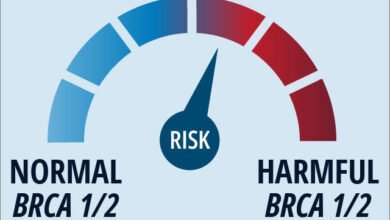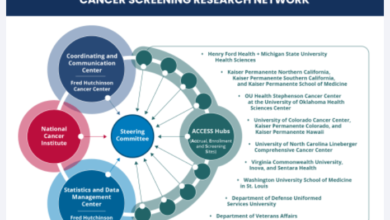Simple Answers to a Complicated Question: Should You Get Screened for Prostate Cancer? | Blogs

By Demetrius M. Parker, DCPC Health Communication Specialist
Many of us are known for avoiding the doctor. I know I’ve made some convenient excuses like, “I can’t go right now because I’m practicing for this golf tournament.”
What are some excuses you’ve made? As we observe Prostate Cancer Awareness Month during September, it’s a good time to discuss three compelling reasons to stop making excuses. Hopefully, these reasons and the following guidance can help us be more comfortable going to the doctor. Let’s take the mystery out of the process!
First, prostate cancer is the second most common cancer among men in the United States. So it’s important for us to know our risk level for prostate cancer. Older men, African American men, and men with a family history of prostate cancer may be at increased risk.
Talking with our doctor also helps us with another challenge: screening. There is no standard, recommended test to screen for prostate cancer. Two tests are commonly used: the prostate specific antigen (PSA) test and the digital rectal examination (DRE). Screening can have possible benefits and harms. Our doctor can help us decide whether to get screened and which screening is best for us.
Second, fear is an emotion that is common for many of us when we think about getting screened for prostate cancer. Some of us might say, “I don’t want to know. What if my risk is high? What if I find cancer? It can be scary.”
Exploring the unknown can be a bit stressful. But many prostate cancers grow slowly and don’t cause any health problems. That’s good to know! Also, getting to the doctor sooner rather than later and finding prostate cancer early gives you more options if treatment is recommended. Early treatment is more effective at fighting cancer.
Third, even if you decide to get screened, and the doctor diagnoses prostate cancer, it doesn’t mean you have to go to the next step. Most prostate cancers are small and slow-growing and may not be fatal. Some men may have prostate cancer that grows faster, and they will benefit from early treatment. Discuss each step with your doctor and decide what’s best for you and your lifestyle.
If you’re 55 to 69 years old, now is the time to talk to your doctor about the benefits and harms of screening. (Men who are 70 or older should not be screened for prostate cancer regularly.) You and your doctor can also consider your race and ethnicity, family history of prostate cancer, and other medical conditions. And you can review recommendations from the US Preventive Services Task Force.
The best tip I can give you is to make an appointment with your doctor to talk about prostate cancer and your screening options. If you’d like more information, check out these tips from CDC.
Thank you for taking the time to read my blog. Now take time for yourself.
Resources
Still a bit nervous? Don’t know what to say when you get to the doctor’s office? No problem! I’m happy to share these great resources to help you prepare. Before your visit, you can use an online, interactive human simulation called Talk to Nathan. Nathan shares information and answers your questions about prostate cancer screening and treatment. He also suggests questions you might want to ask your doctor. Check him out:
Source link
#Simple #Answers #Complicated #Question #Screened #Prostate #Cancer #Blogs



